Germany is a country located in Central Europe, known for its rich history, cultural heritage, and economic prowess. It is divided into 16 states, each with its own unique cities and towns. Here are some of the main cities and towns in Germany:
- Berlin: The capital and largest city of Germany, Berlin is a cultural and political hub. It is known for its historical significance, vibrant arts scene, and modern architecture. Key attractions include the Brandenburg Gate, Berlin Wall, and Museum Island.
- Hamburg: As a major port city, Hamburg is known for its maritime history and trade. It boasts a lively cultural scene, including theaters, music venues, and a bustling nightlife. The historic Speicherstadt and the modern HafenCity are popular areas to explore.
- Munich (München): Located in the southern part of Germany, Munich is famous for its traditional Bavarian culture, beer gardens, and the annual Oktoberfest. It is a center for art, technology, finance, and education, with landmarks like the Nymphenburg Palace and Marienplatz.
- Cologne (Köln): Situated on the Rhine River, Cologne is known for its stunning cathedral (Kölner Dom) and its vibrant cultural scene. The city hosts numerous museums, galleries, and events. The Cologne Carnival is one of the largest street festivals in Europe.
- Frankfurt: A major financial center, Frankfurt is home to the European Central Bank and the Frankfurt Stock Exchange. The city’s skyline is dominated by modern skyscrapers. The historic Römer square, Palmengarten, and the Museumsufer (Museum Embankment) are notable attractions.
- Stuttgart: Located in southwestern Germany, Stuttgart is known for its automobile industry, with both Mercedes-Benz and Porsche headquartered there. The city also offers cultural attractions like the State Opera, Wilhelma Zoo, and the Stuttgart Ballet.
- Düsseldorf: This city along the Rhine River is a major economic and cultural center. Düsseldorf is known for its fashion industry, vibrant nightlife, and the Königsallee shopping street. The Rhine promenade and the Old Town (Altstadt) are popular areas.
- Nuremberg (Nürnberg): With a rich medieval history, Nuremberg is famous for its well-preserved old town and the Imperial Castle. The city played a significant role in the Holy Roman Empire and is known for the post-World War II Nuremberg Trials.
- Leipzig: A city with a rich musical and literary heritage, Leipzig is associated with Johann Sebastian Bach and has a vibrant cultural scene. The St. Thomas Church, where Bach worked, and the annual Leipzig Book Fair are notable attractions.
- Heidelberg: Known for its picturesque Old Town, Heidelberg is home to Germany’s oldest university. The Heidelberg Castle, the Old Bridge, and the Philosopher’s Walk are popular landmarks in this charming city.
These cities and towns represent just a fraction of the diversity and cultural richness that Germany has to offer. Each region has its own unique character, traditions, and attractions.

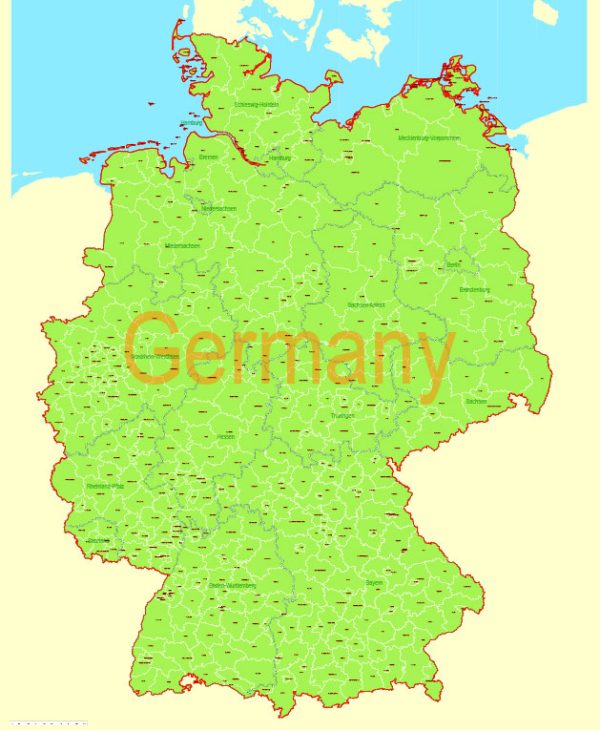
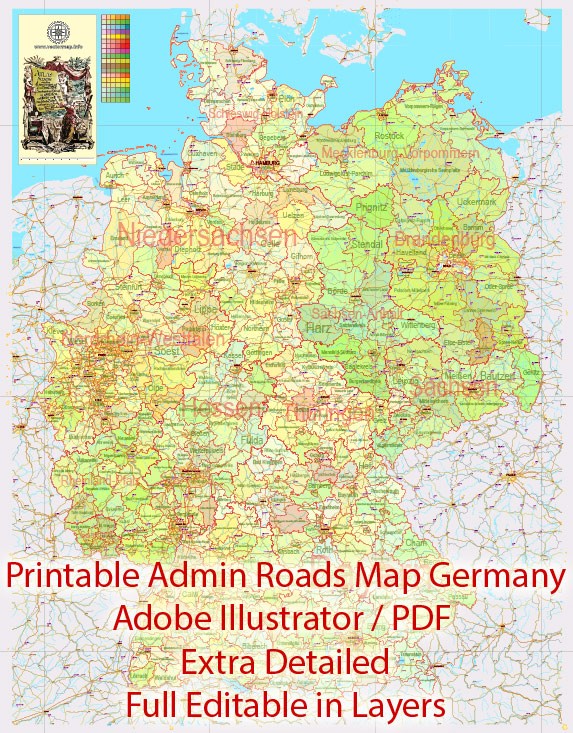
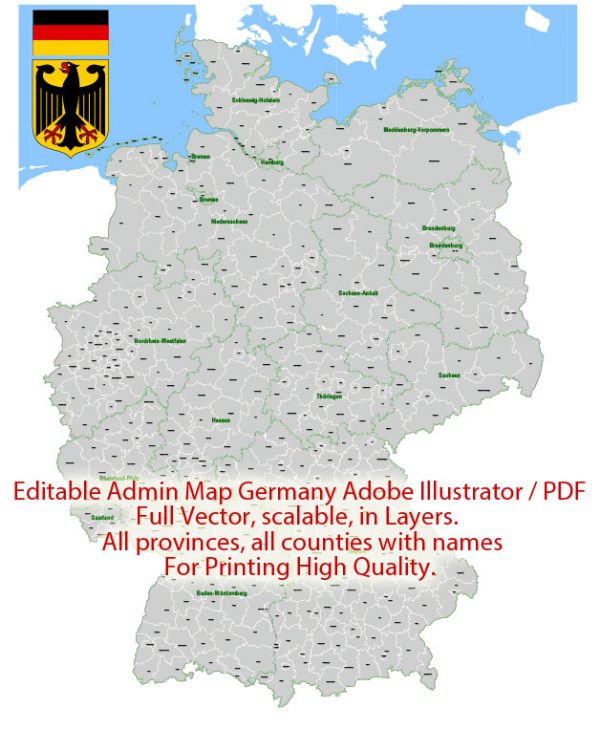
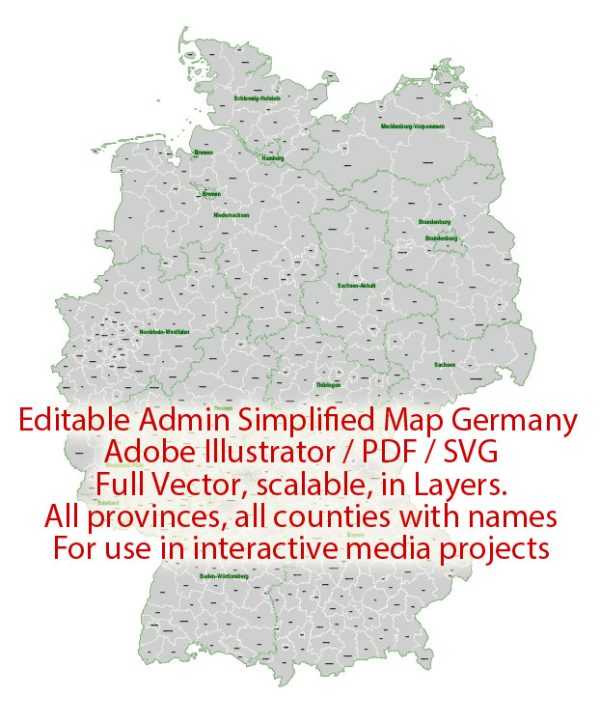
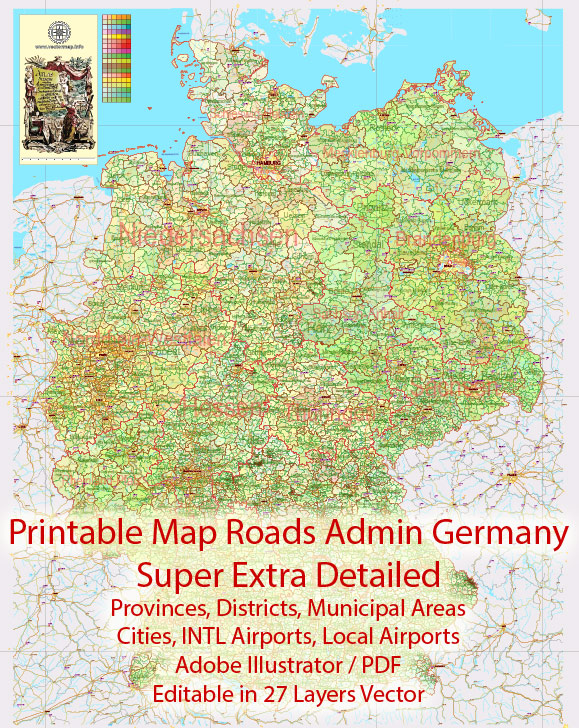
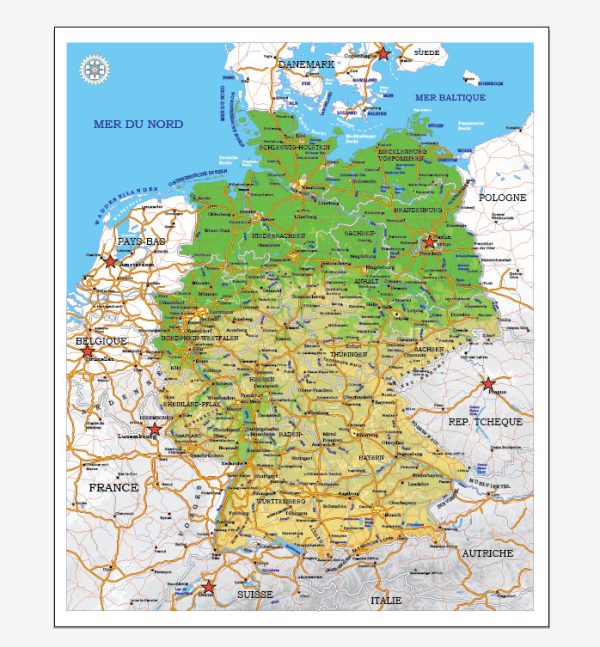
 Author: Kirill Shrayber, Ph.D. FRGS
Author: Kirill Shrayber, Ph.D. FRGS